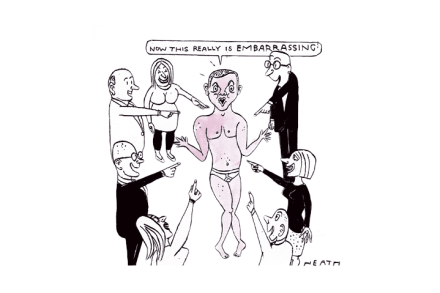The 9/11 anniversary marks a painful moment for squaddies
The sweet salvation of the summer recess over, we returned to Sandhurst for our final term of officer training. It was 11 September, 2001 – a day that started with a hike in the sunshine and which came to define my time in the British Army. The events of 9/11 would lead to my own deployment in Afghanistan and Iraq, and the loss of dear friends and comrades. Of course, on that September morning none of us knew how events 3,000 miles away – and the political decisions taken in the aftermath of those terrible attacks – would have such a momentous impact on our lives. After the buses dropped us off, the hike





















